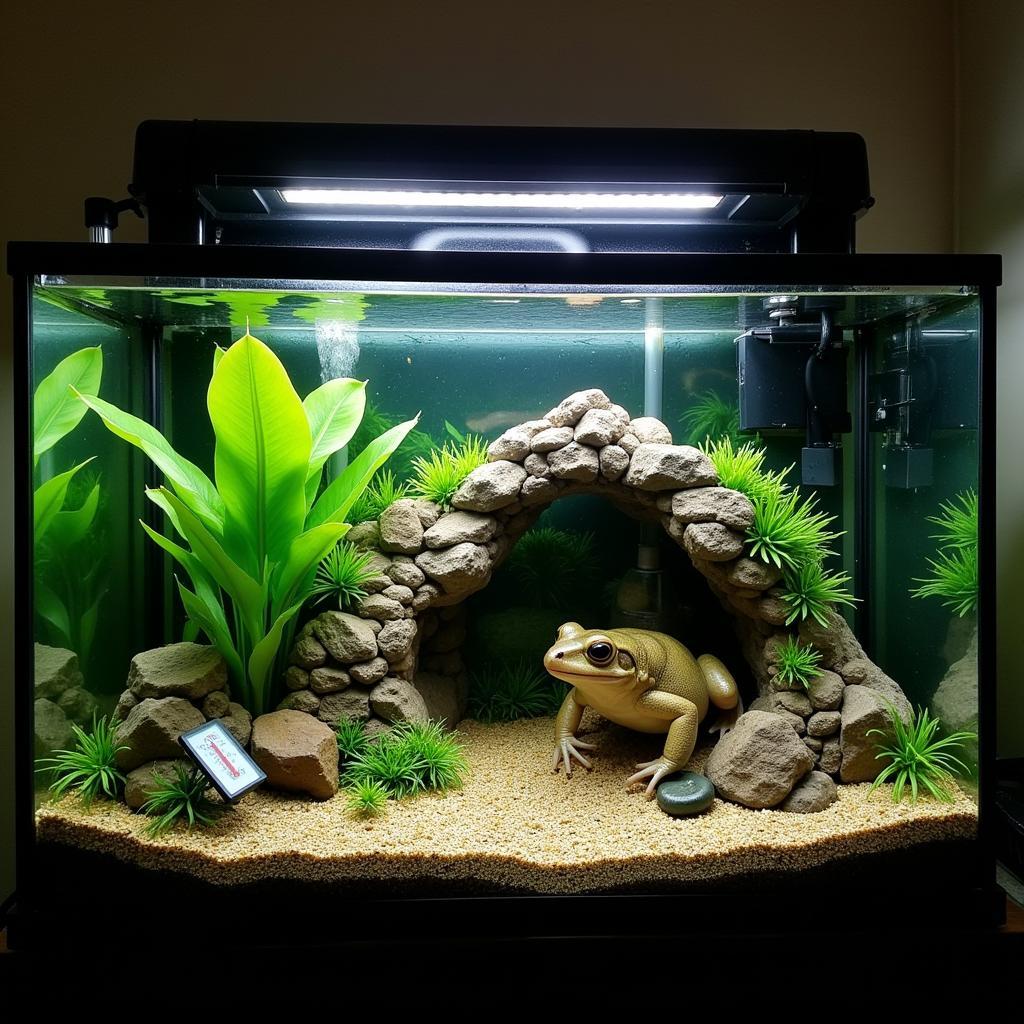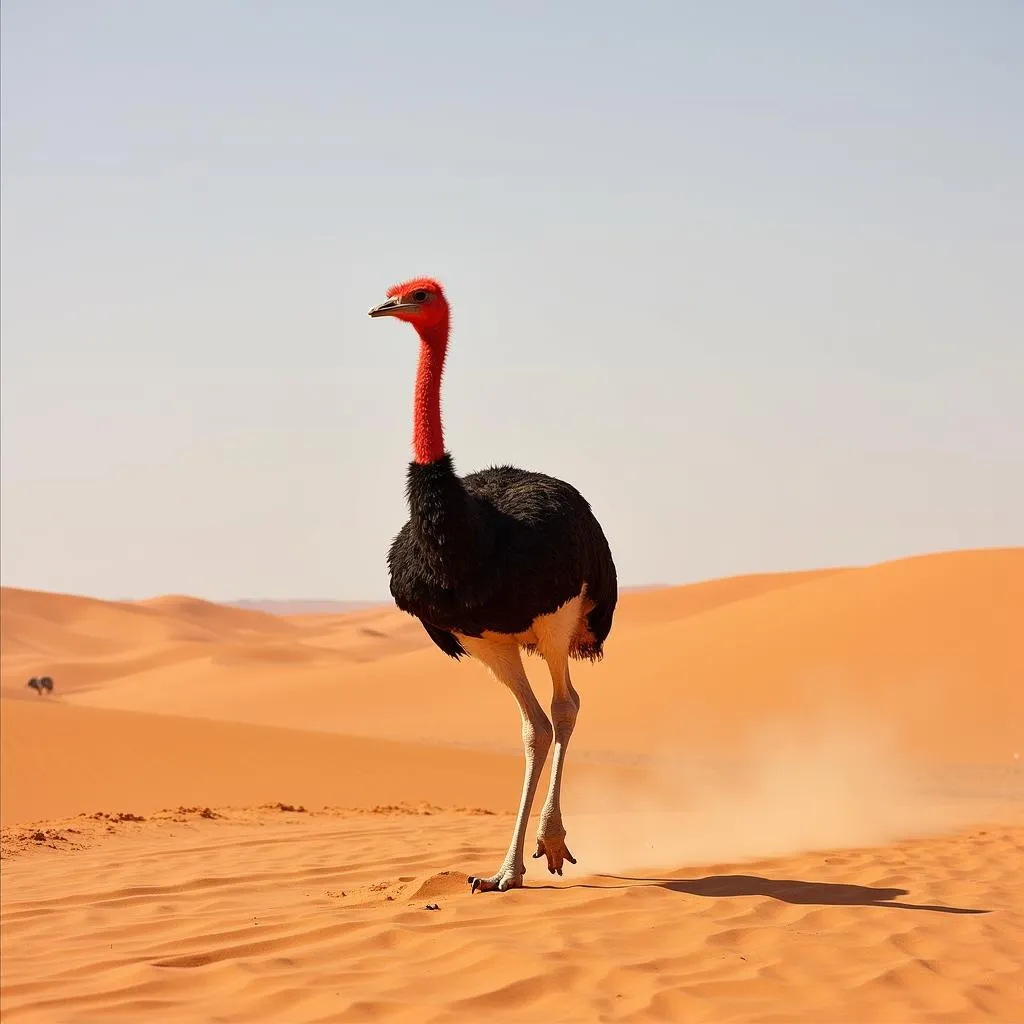African Clawed Frog Not Eating: Causes & Solutions
Your once-voracious African clawed frog now turns its nose up at feeding time. Don’t panic! Loss of appetite in these aquatic amphibians is common and often easily remedied. Understanding the potential causes and implementing simple solutions can get your frog back to its healthy, hungry self.
Why Won’t My African Clawed Frog Eat?
Several factors, ranging from environmental to health-related, can lead to an African clawed frog refusing food.
Environmental Factors Impacting Appetite
-
Water Temperature: African clawed frogs thrive in water temperatures between 70-80°F (21-27°C). Temperatures outside this range can stress your frog and suppress its appetite. Use a reliable aquarium thermometer to monitor and maintain ideal water temperatures.
-
Water Quality: Poor water quality is a significant stressor for African clawed frogs. Ammonia, nitrites, and nitrates from uneaten food and waste can build up, causing health problems and appetite loss. Regular water changes (25% weekly) and using a good quality filter are crucial.
-
Tank Setup: Clawed frogs prefer a spacious tank with plenty of hiding spots. Overcrowding, lack of hiding places, and bright lighting can stress your frog, leading to a decreased appetite. Ensure your tank provides ample space, hiding areas, and subdued lighting.
 Ideal African Clawed Frog Tank Setup
Ideal African Clawed Frog Tank Setup
Dietary Issues Affecting Your Frog
-
Food Type and Quality: While African clawed frogs are not picky eaters, they require a varied diet of protein-rich foods. A diet solely consisting of commercial pellets can be monotonous. Offer a variety of foods, including bloodworms, brine shrimp, earthworms, and occasional lean meat pieces.
-
Feeding Frequency: Overfeeding is a common mistake. Overfeeding can lead to uneaten food decaying in the tank, affecting water quality and your frog’s appetite. Young frogs (under 1 year) require daily feeding, while adults can be fed every other day or a few times a week.
Health Concerns Affecting Appetite
-
Stress: Any form of stress can suppress your frog’s immune system and appetite. New tank mates, handling, or changes in their environment can cause stress. Observe your frog’s behavior for signs of stress, such as lethargy, hiding, and changes in skin color.
-
Parasites or Diseases: Parasites and diseases can negatively impact your frog’s health, leading to appetite loss. If environmental factors and dietary changes don’t improve your frog’s appetite, consult a veterinarian experienced with amphibians.
What To Do If Your African Clawed Frog Is Not Eating
-
Rule Out Environmental Factors: Begin by checking and adjusting the water temperature, performing a water change, and ensuring proper tank setup.
-
Review Diet and Feeding Schedule: Evaluate your frog’s diet and feeding frequency. Offer a variety of foods and adjust feeding times based on age and activity level.
-
Observe for Illness: Look for any signs of illness, such as lethargy, bloating, skin discoloration, or unusual swimming patterns. Consult a veterinarian if you suspect your frog might be unwell.
Conclusion
An African Clawed Frog Not Eating can be concerning, but understanding the common causes and taking appropriate action can often resolve the issue. By ensuring optimal environmental conditions, providing a varied and nutritious diet, and monitoring for signs of illness, you can help your aquatic companion thrive.



